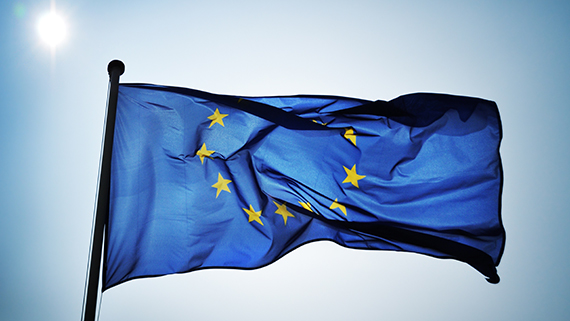EU Approval for Dutch Renewable Hydrogen Initiatives
Key Ideas
- The European Commission has approved a €998 million Dutch scheme to support renewable hydrogen production, aligning with EU's Hydrogen Strategy and Green Deal.
- The scheme will fund the construction of at least 200 MW of electrolysis capacity through a bidding process targeting projects with over 0.5 MW capacity.
- An additional €80 million measure will support Djewels, a subsidiary of HyCC, in demonstrating renewable hydrogen production technology with a 20 MW electrolyzer.
- Both initiatives contribute to the Netherlands' and EU's targets for electrolyzer capacity and renewable hydrogen production, promoting climate neutrality goals.
The European Commission has granted approval for two Dutch renewable hydrogen measures, totaling €1.078 billion, to support the production of renewable hydrogen. The larger scheme of €998 million will aid in constructing a minimum of 200 MW of electrolysis capacity. This financial support will be distributed through a competitive bidding process scheduled to conclude in 2024 and will include an upfront investment grant of up to 80% of the costs and a variable premium over 5 to 10 years. Beneficiaries must adhere to EU criteria for renewable fuel production. The aim is to help the Netherlands achieve 500 MW of electrolyzer capacity by 2025 and 3-4 GW by 2030, in line with the EU's targets of installing 6 GW by 2024 and 40 GW by 2030.
The €80 million initiative will assist Djewels, a subsidiary of HyCC, in demonstrating renewable hydrogen production using a 20 MW electrolyzer. This project will focus on high-density electrode alkaline electrolysis, high-pressure hydrogen output, and a compact footprint. The support will cover the funding gap of the project, with provisions for the return of extra revenues if the project succeeds financially. Djewels will be responsible for operating the hydrogen facility, with construction expected to commence in 2024 and operations in 2027.
Both measures align with EU's climate neutrality goals and are part of the transition to sustainable energy sources. Margrethe Vestager, the Executive Vice-President overseeing competition policy, emphasized the importance of scaling up renewable hydrogen production. These initiatives aim at advancing technology, meeting environmental targets, and fostering innovation in the renewable energy sector.
Topics
Electrolyzer
Renewable Energy
Energy Transition
Sustainable Development
Climate Goals
EU Regulations
Competition Policy
Technology Demonstration
Investment Support
Latest News
